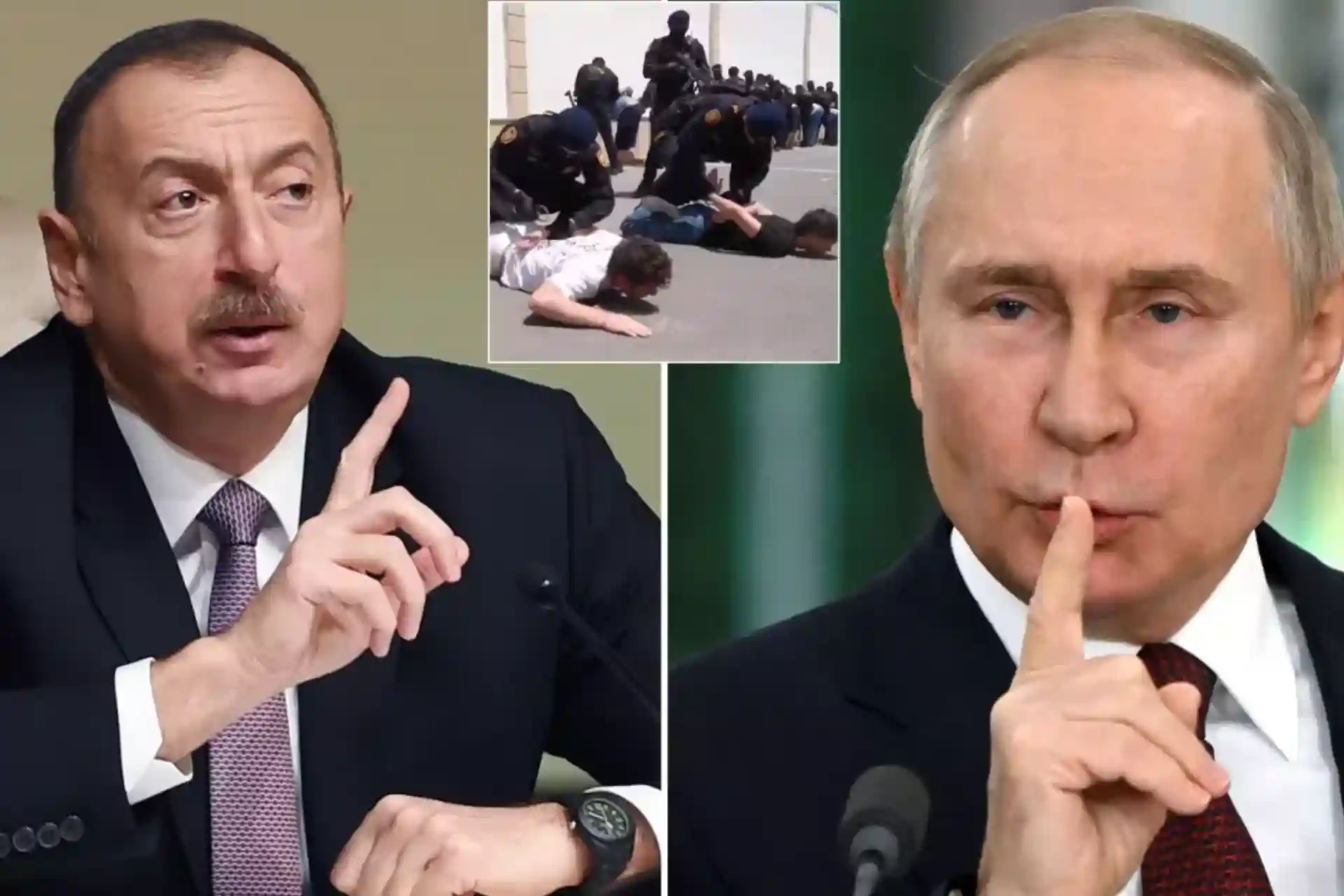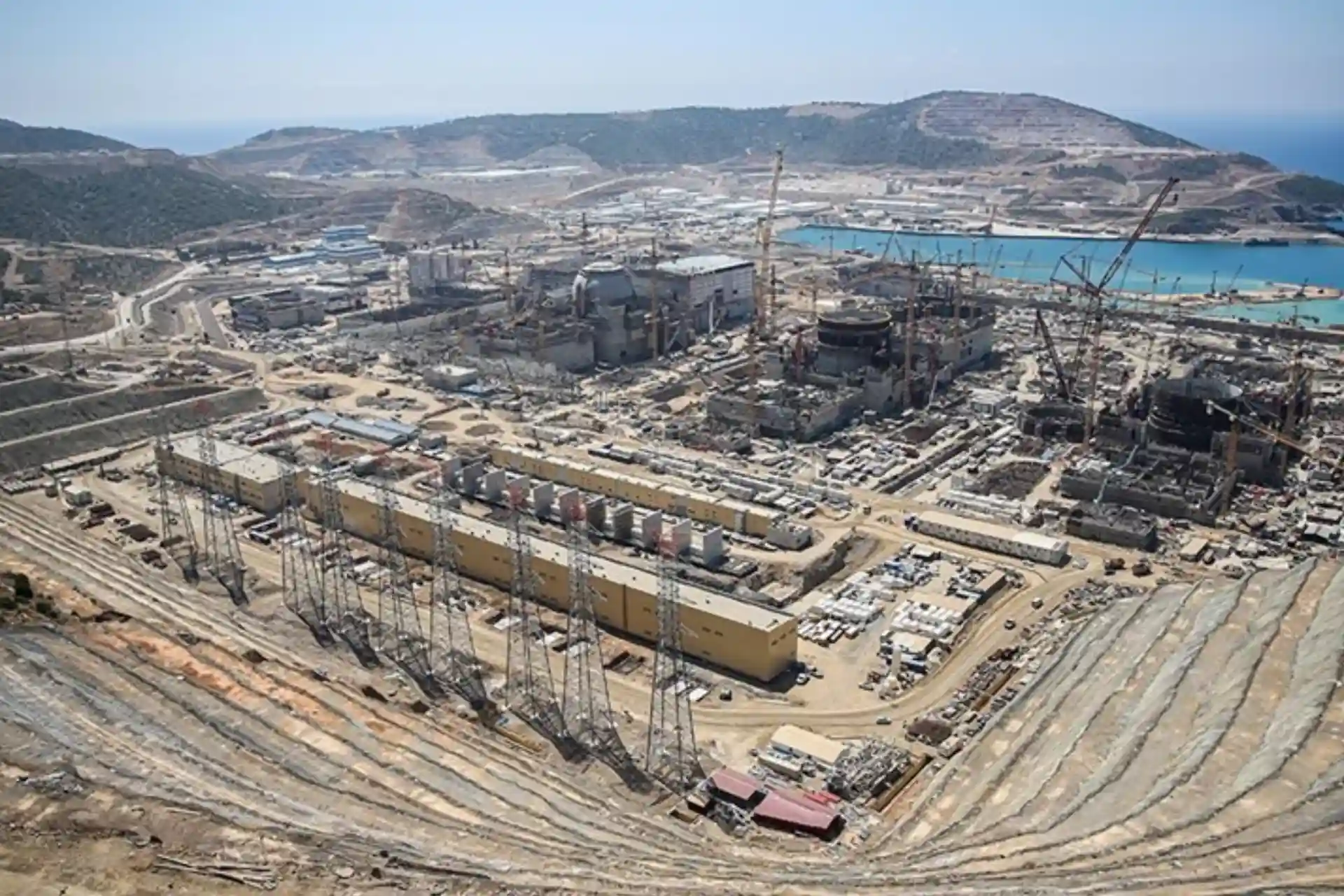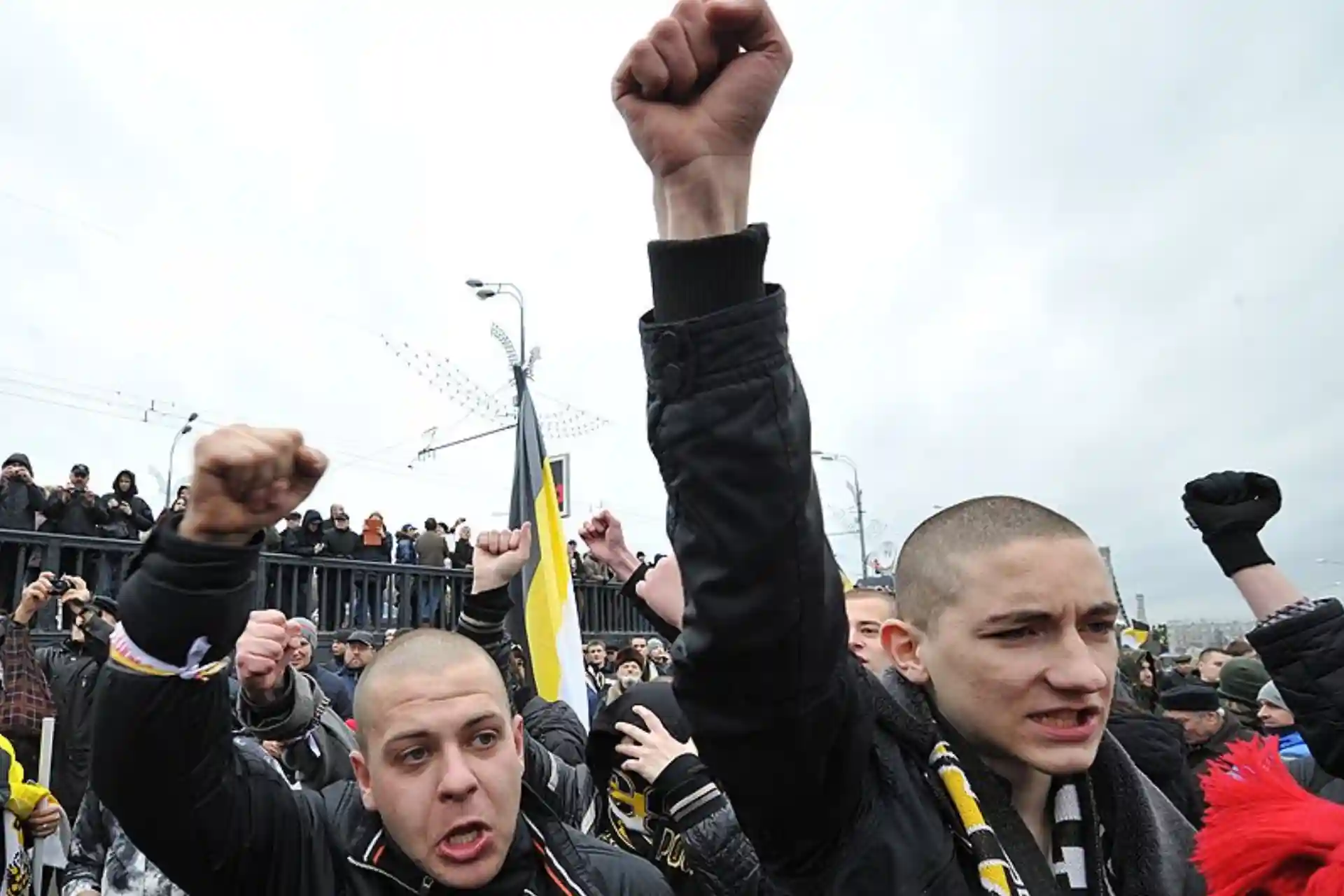When did the enmity between Azerbaijan and Russia arise?
Many of the problems in modern interstate relations between Russia and Azerbaijan began during the collapse of the USSR. In the early years of the Karabakh conflict, Azerbaijani society was quite inclined towards Russia. However, the introduction of Soviet troops into Baku in January 1990 had a negative impact on the attitude towards Russia in Azerbaijan. It was on January 20, 1990 that Moscow actually lost Azerbaijan. This event, which was called “Black January” in Azerbaijan, gave rise to anti-Russian views in the public consciousness of Azerbaijanis. The attack on the city of Khojaly in February 1992 was another blow to bilateral relations . At that time, the 366th Russian Motor Rifle Regiment, stationed in Karabakh , sided with the Armenians and killed Azerbaijanis . In a short period of time (from February 1988 to February 1992), relations between the countries cooled.
In the spring of 1992, against the backdrop of anti-Russian sentiment in Azerbaijan, the Popular Front came to power. Its leader, Abulfaz Elchibey, known for his anti-Russian views, became the country's president. With the change of power, Azerbaijan also changed its foreign policy direction to the West . It accused Russia of supporting Armenia in the Karabakh conflict and refused to join the CIS. A course of rapprochement with Turkey and the West was taken . This provoked a negative reaction from Moscow. Despite Russia's condemnation of the occupation of Azerbaijani territories by Armenian armed forces, it continued to supply the Armenians with weapons . It used Armenia's military victories to ensure the coming to power of a more Kremlin-friendly government in Azerbaijan. Heydar Aliyev, who came to power in 1993, visited Moscow. He described his visit as "correcting the mistakes made by the previous leadership of the republic in relations with Russia." During the visit, Aliyev advocated Azerbaijan's entry into the CIS, and the Azerbaijani National Assembly adopted a resolution on the republic's accession to the CIS. An agreement was also reached on Russia guarding the Azerbaijani-Turkish and Azerbaijani-Iranian borders. However, by the end of 1994, Aliyev did not agree to the deployment of Russian border troops. Azerbaijan, a member of the CIS, had hoped that Russia would help end the war in Karabakh, which was a major obstacle to strengthening political stability in the country. Unfortunately , Moscow's slowness in ending the armed conflict, as well as the reoccupation of part of the country's territory by the opposing side, has led the Azerbaijani leadership to once again approach the West.
A constant source of anger in Russian-Azerbaijani relations has been and remains Moscow's military cooperation with Yerevan, which Baku sees as an attempt to destabilize the situation in Armenia's favor.
In 1999, the Regional Organization for Democracy and Economic Development - GUAM, was established, which included Azerbaijan. The peculiarity of GUAM was that it was not a union of states with constructive interests, but an alliance of countries seeking to free themselves from Russian influence and the Soviet legacy. At the same time, Azerbaijan decided to withdraw from the Collective Security Treaty Organization (CSTO), explaining its position by the fact that the military bloc within the CIS had proven ineffective during the Karabakh conflict. Relations between the countries reached a dead end due to the constant exchange of mutual accusations and notes of protest.
It 's interesting Even today, Yerevan is preparing to withdraw from the CSTO for not supporting Armenia during the 44-day war.
Azerbaijan's position on Ukraine also angers Moscow. On March 27, 2014, Azerbaijan voted in support of Ukraine's territorial integrity when UN Resolution 68/262 was adopted, calling Russia's annexation of Crimea and Sevastopol illegal. In 2017, Moscow closed the All-Russian Congress of Azerbaijanis, which had been operating in the Russian Federation since 2001 and was jointly opened by Presidents Vladimir Putin and Heydar Aliyev, under the pretext of non-compliance with Russian legislation. On November 9, 2020, during the Second Karabakh War, a Russian Mi-24 helicopter was shot down over the territory of Armenia, on the border with Azerbaijan, killing two pilots and injuring another. The Azerbaijani Foreign Ministry announced that the helicopter was shot down by the country's military and apologized for the incident. On November 10, 2020, a statement on a ceasefire in Nagorno-Karabakh was signed between Armenian Prime Minister Nikol Pashinyan, Russian President Vladimir Putin, and Azerbaijani President Ilham Aliyev.
At the beginning of Russia's large-scale invasion of Ukraine, Azerbaijan expressed its readiness to mediate in possible Russian-Ukrainian negotiations. Baku did not openly condemn the Russian Federation due to the need to maintain relations with Moscow. Meanwhile, Azerbaijan regularly sends humanitarian aid to Ukraine. Shortly after the start of Russia's invasion of Ukraine, a media war broke out between Russia and Azerbaijan. Russian authorities blocked access to Azerbaijani news sites for allegedly "incorrect coverage" of the war in Ukraine, and on March 6, 2022, it was reported that the building of the Azerbaijani honorary consulate was damaged as a result of a Russian airstrike on Kharkiv. Azerbaijani MPs Fazail Agamali and Jaykhun Mamedov condemned the attack; the consulate demanded an explanation from Russia. However, on February 22, 2022, the parties signed the Moscow Declaration on Allied Relations between Russia and Azerbaijan on the occasion of the 30th anniversary of the establishment of diplomatic relations.
In December 2024, Russia shot down an Azerbaijani civilian airliner, killing 39 people, most of them Azerbaijani citizens. This was followed by a series of high-level clashes between the two countries, which led to a cooling of relations. Ilham Aliyev also canceled a visit to Moscow to celebrate the 80th anniversary of the Victory in the Great Patriotic War. In June 2025, Russian security forces detained ethnic Azerbaijanis suspected of murders and assassinations committed between 2001 and 2011. Two Azerbaijanis, Huseyn and Ziyaddin Safarov, were killed during the arrests, and the others were seriously injured. Azerbaijan expressed its protest against Russia's actions towards Azerbaijanis, and all cultural events of Russians in Azerbaijan, as well as an interparliamentary meeting and a visit by the Russian Deputy Prime Minister, were canceled.
The South Caucasus is a region where many world powers have fought at different times, and the present is no exception. Russia, Iran, Turkey and the West have constantly fought for influence in this region. Naturally, there are forces that want to expel Russia from this region, from Armenia, from Azerbaijan. Today, there are several countries that are interested in the weakening of Russia's influence in the region . In particular, the United States and Britain support Moscow's expulsion from the South Caucasus. Azerbaijan is already among Russia's enemies due to past aggression and today's Kremlin claims to be a "big brother". The fact is that the ideology of Azerbaijan is the ideology of building a small but great nation, which is constantly expanding and aimed at expelling alien elements from the territory that was once the historical foundation of this state. The situation is being influenced by the British, and apparently by the European Union and the United States. Naturally, Azerbaijan's large and close ties with Israel also play an important role here.
It is also worth mentioning that the West, unable to make a difference on the Ukrainian front, wants to open a second front against Russia through Azerbaijan. In short, we are observing a large-scale political demarche against Russia, which is already enough to provoke an armed conflict. Russia , given its current situation, is acting with extreme caution. That is why Moscow is not responding sharply to Baku. On the other hand, Moscow also has its own shortcomings. Azerbaijani oil and gas companies are selling Russian energy resources to European markets as their own. Secondly, Russia is working on opening the North-South transport corridor, with Azerbaijan expected to play a transit role for Russia.
The arrest of a group of Azerbaijanis in Russia may be a response to the mysterious disappearance of Russian citizen and Talysh public figure Zakhiriddin Ibrahimi on March 26, 2025. Ibrahimi mysteriously disappeared in the Sverdlovsk region and later turned up in an Azerbaijani prison. This was a severe blow to the special services of Moscow and Russia. Suspicion immediately fell on the Azerbaijani special services, who were allegedly helped by representatives of a local organized criminal group. The detainees are accused of involvement in a mass alcohol poisoning in the Urals in 2021, when about 40 people died from alcohol poisoning.
Analysts believe that the main tool of Moscow's influence could be trade restrictions, which could seriously damage the Azerbaijani economy. Given the trade and economic ties between the countries, such measures are likely to have serious consequences for Baku. In response, Azerbaijan may increase pressure on Russian journalists working in the country, as well as increase military assistance to Ukraine. But this is not new, Aliev has been helping Ukraine for several years. The whole world knows well that the Baku authorities are uncompromising towards the opposition and foreign media in the country. In general, there are some very hidden calculations behind the Yekaterinburg incident - because someone just needs to remember a quarter-century-old, unsolved case. There is no direct instruction from the political center here to harm Russian-Azerbaijani relations. But whatever the reasons behind the serious political confrontation, the actions of Russian law enforcement agencies in Yekaterinburg cannot be justified. They violated Russian federal laws and international law by using excessive force, insulting and degrading migrants. This is not the first time that the Russian police have committed illegal acts. Abuses against labor migrants from Azerbaijan, Uzbekistan, Kyrgyzstan and Tajikistan have been repeated and repeated.



